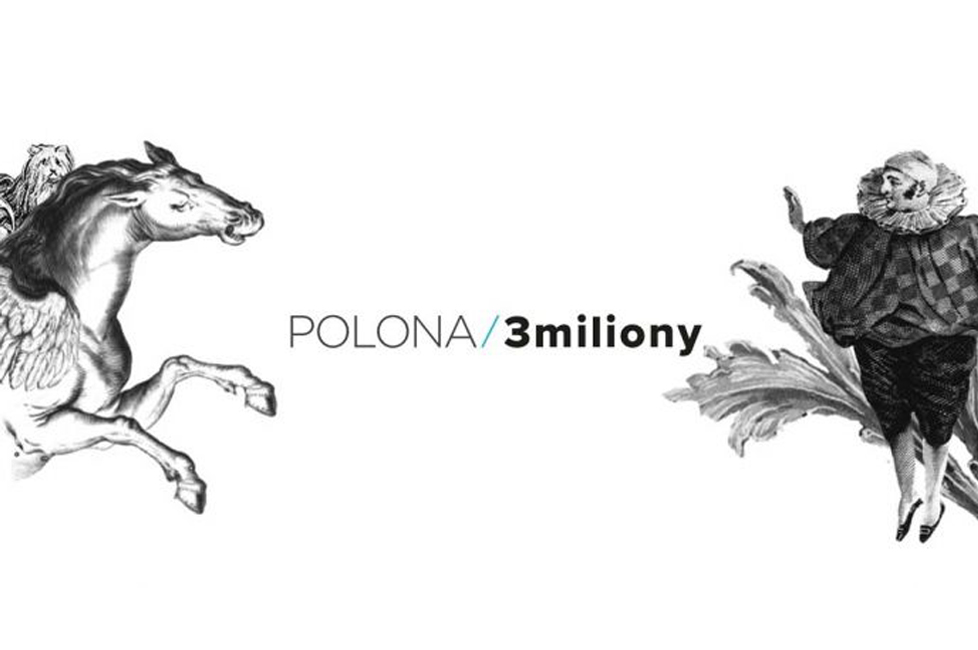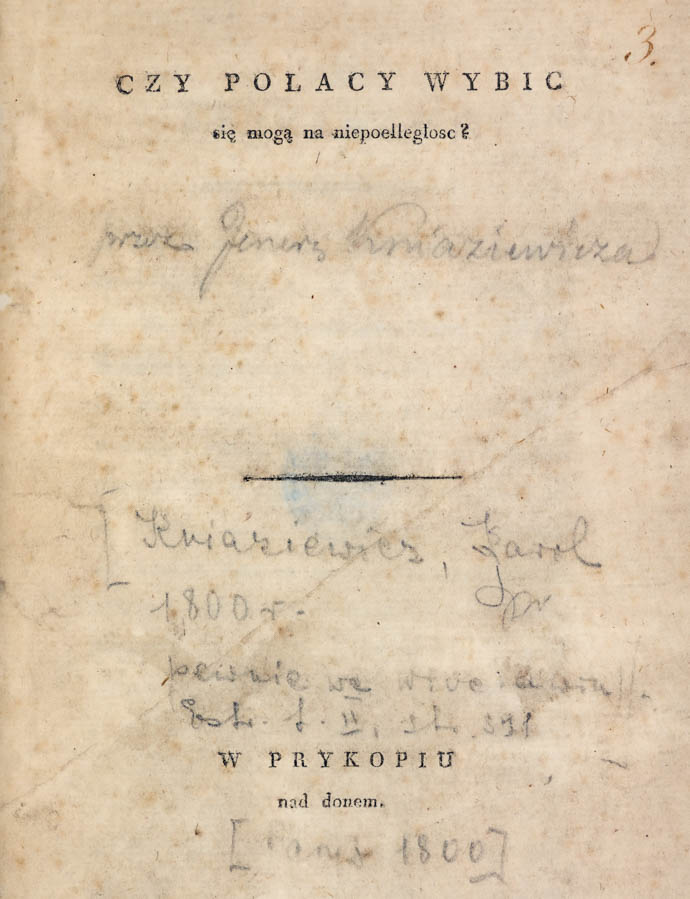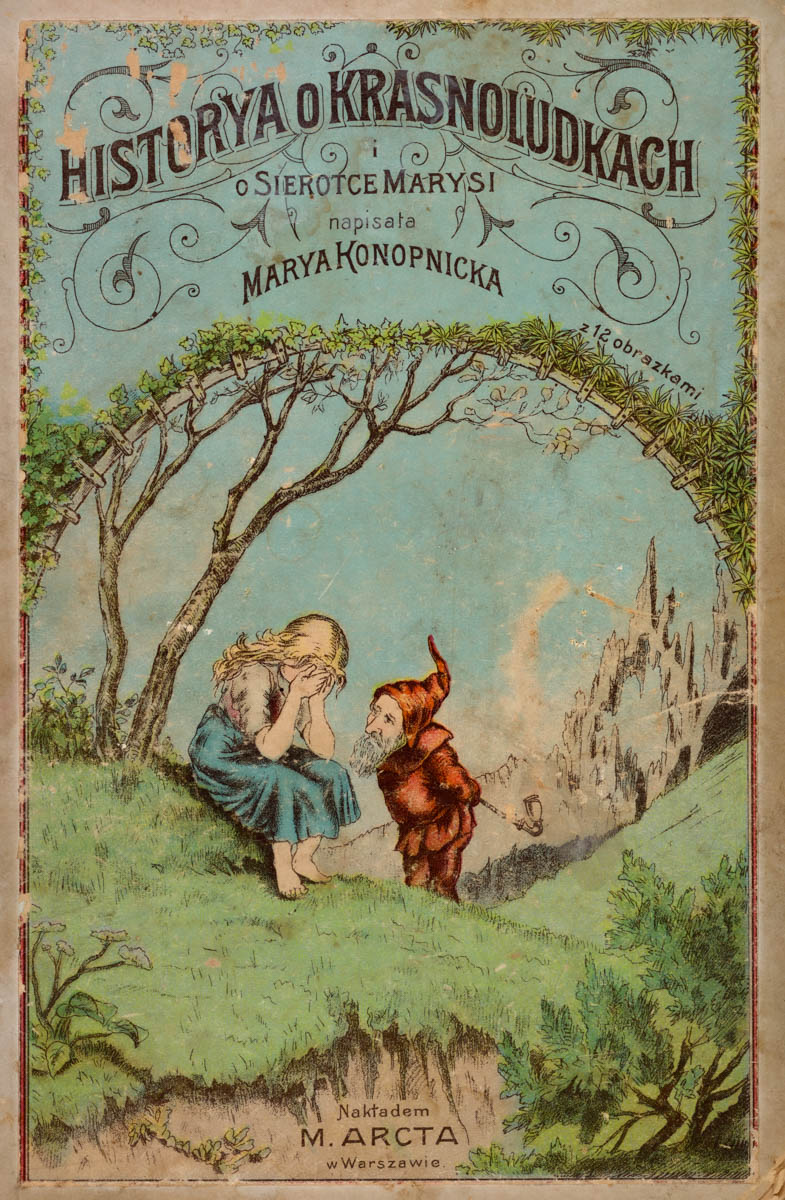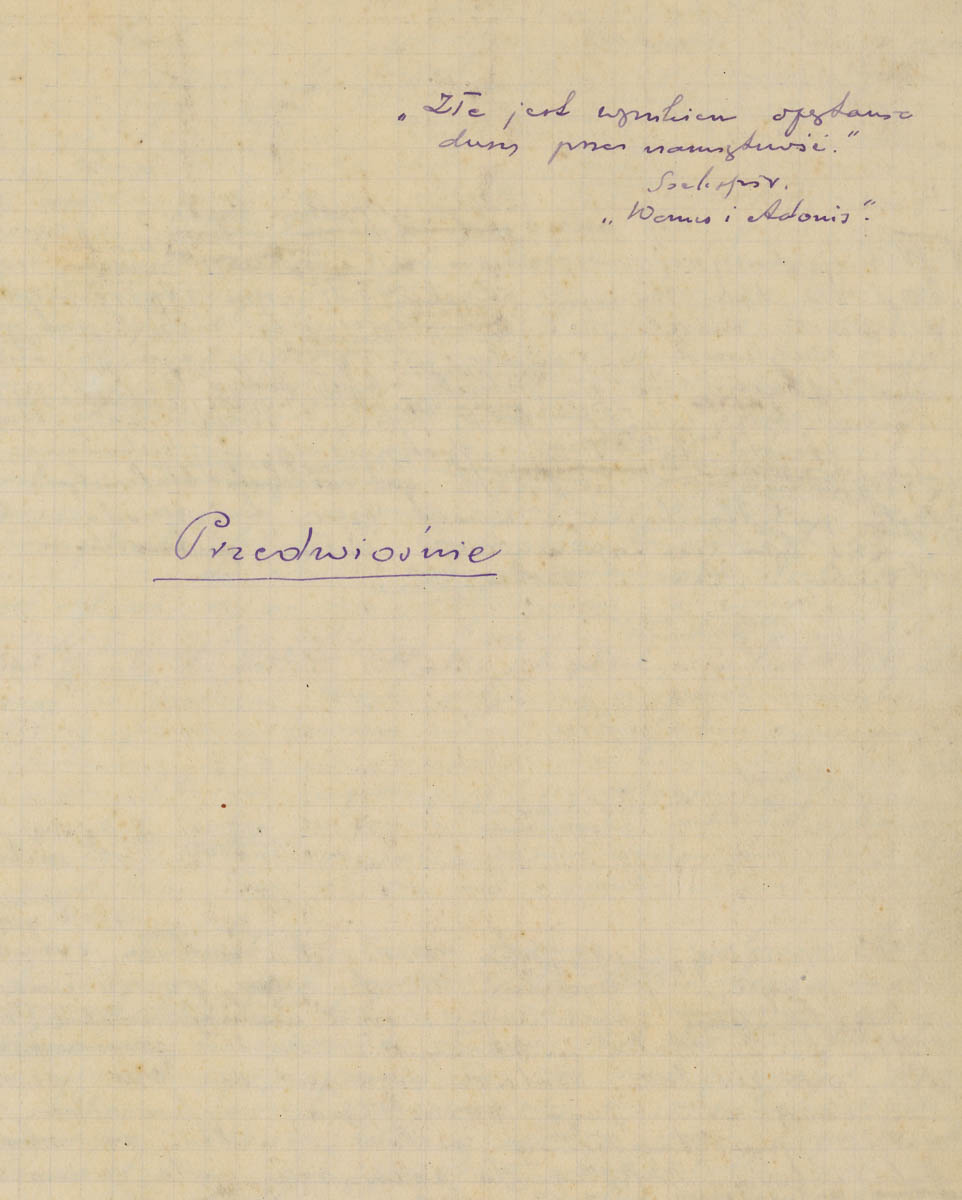Three million objects have been made available in the National Digital Library POLONA

In December 2019, the number of objects made available on POLONA (polona.pl), Poland’s most modern digital library, run by National Library of Poland (BN), reached 3 million. One million of them are the outcome of the “Patrimonium” project, carried out by the BN in cooperation with the Jagiellonian Library, the largest and the oldest academic library in Poland.
POLONA is currently one of the biggest digital libraries all over Europe. Every day as many as two thousand new objects are scanned and uploaded to its collection.
This is one of the very few digitization projects in Europe, and POLONA is ranked the second on the continent in terms of the number of items scanned per year.
POLONA digital library provides gratuitous and extensive access to high-quality digital objects (books, periodicals, manuscripts, early printed books, maps, drawings, engravings, photographs, postcards, sheet music and ephemera), which may be used by the public free of charge for all purposes, including commercial ones.
Last year, during the Superbrands Poland 2018 Award Gala, Olga Tokarczuk said: “I congratulate POLONA on its digital library, with which I share this prize: I use it very often, for long hours, and can’t tear myself away from it. I love POLONA and I’m happy that this amazing job has been duly appreciated by the jury, and thanks to this award more people will be able to hear of POLONA, or simply value it as I do.”
What can be found in POLONA?
POLONA contains the records of such sentences as “Dubravka venit ad Mesconem” [Dobrawa came to Mieszko] from the year 965, and a later one, “Mesco dux baptizatur” [Prince Mieszko is baptized], which mark the starting points in Polish history, as well as other monuments of Polish history and literature. There are also numerous texts currently unavailable in bookshops, neither those offering brand new nor second-hand books, unique leaflets and posters, books from the collections of monarchs and aristocracy, book covers, drawings and engravings by the most eminent Polish artists. Apart from serious academic publications and historical sources, POLONA presents popular fiction, such as romance and crime stories, books for children, handbooks and cookbooks, all of which can bring inspiration and entertainment to their readers.
POLONA’s offer also includes:
- Press Panel – digitized press is presented not only as separate objects, but can be easily browsed using the calendar, chronologically, issue after issue.
- Institutions Panel – cultural institutions, in cooperation with BN, use POLONA for sharing their resources and creating their own collections, both based on their holdings and on other sources.
Here you can find a set of interesting publications, updated daily: https://polona.pl
The most important of the three million objects in POLONA
- the famous Saint Florian Psalter, made for Queen Jadwiga in the 14th c.
- the only preserved manuscript of Jan Kochanowski
POLONA also includes priceless medieval and Renaissance manuscripts acquired by historical Polish collectors:
- Le Roman de la Rose from the 14th c.
- Sforziada – one of the four copies made for the Sforza family, one of the most illustrious printed books of the Renaissance
- Object no. 3,000,000 is the only extant copy of the first edition of Józef Pawlikowski’s pamphlet Czy Polacy mogą wybić się na niepodległość? [Can Poles achieve independence?] (listed in UNESCO’s Memory of the World Programme)
- Object no. 2,999,999 is the first edition of Maria Konopnicka’s fairytale O krasnoludkach i sierotce Marysi [On Dwarves and Little Orphan Mary]
- Object no 3,000,001 is the manuscript of Stefan Żeromski’s novel Przedwiośnie [Early Spring] (listed in UNESCO’s Memory of the World Programme)
Patrimonium: National Library of Poland and Jagiellonian Library
We are approaching the conclusion of the three-year project "Patrimonium", which has made it possible to digitize one million objects from the Public Domain: books, periodicals, manuscripts, early printed books, maps, drawings, engravings, photographs, postcards, sheet music and ephemera. They include, among others, manuscripts of the most important Polish writers, Fryderyk Chopin’s music autographs, the first edition of Maria Konopnicka’s fairytale O krasnoludkach i sierotce Marysi [On Dwarves and Little Orphan Mary], and a New Testament dating back to the 8th century – the oldest parchment manuscript in BN’s collections.
The digitization has been performed simultaneously in Poland’s two largest libraries: the National Library of Poland and the Jagiellonian Library. As may be expected, the collections of these two institutions, as part of the National Library Resource and national heritage, follow strict preservation policies. POLONA, on the other hand, opens the storerooms and offers the treasuries of libraries to everyone. Thanks to the "Patrimonium" project the most valuable and the oldest collections are photographed with digital cameras under appropriate conditions to ensure the highest quality and fidelity to the original. Before digitization, some of the objects were subject to complex conservation procedures. A number of them, damaged and normally unavailable to users, were restored to their former glory.
After the purchase of 27 large-format scanners, the National Library of Poland became the biggest digitization center in our country and one of the biggest in Europe. The budget of the project amounted to 82 million zlotys. Its accomplishment was possible thanks to a subsidy from the Ministry of Culture and National Heritage. It has been the biggest digitization project so far.
Detailed information about the project: http://www.bn.org.pl/projekty/patrimonium/archiwum
The most valuable objects accessible within the “Patrimonium” project:
- Manuscript of Bogurodzica [Mother of God]
- Manuscript of Godzinki [Book of Hours] by Jakub Wargocki
- Music autographs by Fryderyk Chopin
- The only extant copy of the first edition of Józef Pawlikowski’s pamphlet Czy Polacy mogą wybić się na niepodległość? [Can Poles achieve independence?] (listed in UNESCO’s Memory of the World Programme)
- Manuscript of Dziady cz. III [Forefathers’ Eve, part III] by Adam Mickiewicz
- Manuscript Przedwiośnie [Early Spring] by Stefan Żeromski (listed in UNESCO’s Memory of the World Programme)
- Manuscripts of Aleksander Fredro
- Manuscripts of Józef Andrzej Załuski, co-founder of the Załuski Library
- Kora Pinard’s liber amicorum with the manuscript of a poem by Juliusz Słowacki
- First edition of O krasnoludkach i sierotce Marysi [On Dwarves and Little Orphan Mary] by Maria Konopnicka
- Rare copy of Sebastian Münster’s atlas Cosmographia universalis (Basel 1550) containing several hundred maps, city plans and urban landscapes, including those from Poland


